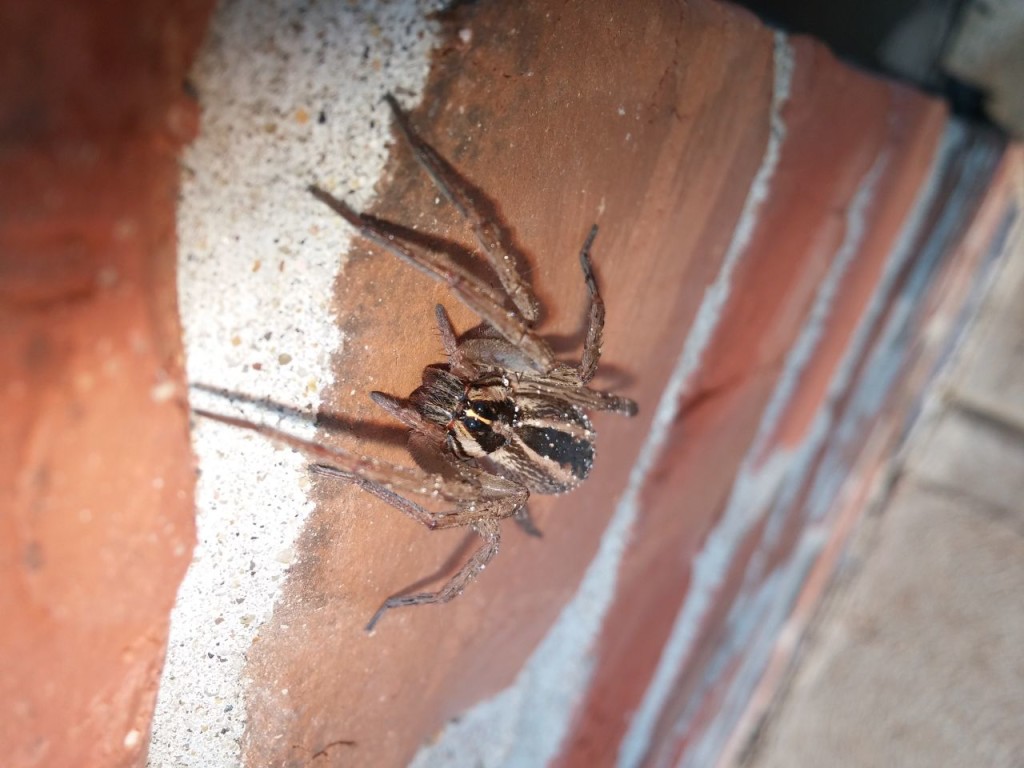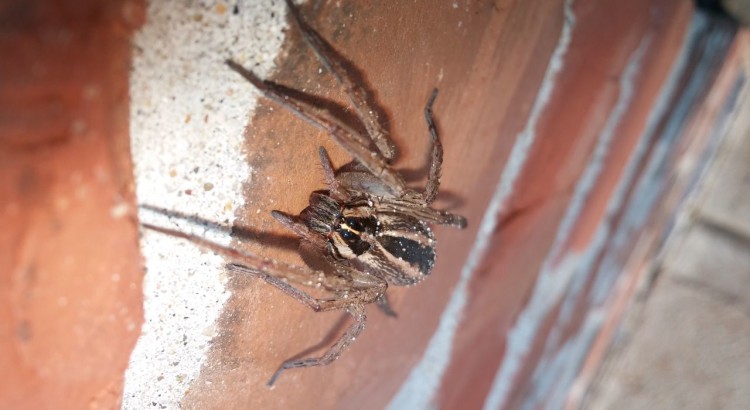
Spider Bites
Spiders bites can be a serious thing depending on the species. That’s why taking precaution is needed before and after the incident. It does happen often and is best to know what to do in every situation
Over 3 million people (per year) claim to be spider bitten in the U.S. and therefore not a small issue.
Prevention Methods
Biggest way to prevent a spider bite happening in your home is by preventing spiders from entering in.
Biggest ways to do that is by:
- Keeping garage clean
- Knocking down all webs you see in home
- Seal all cracks coming from the outside
- Move all wood away from home that’s usually in stacks
- Trim hedges and bushes really good
- Vacuum often
- Turn off outside lights when you’re not using them
People say to spread tobacco, vinegar, and lemon juice to help prevention the natural way. You can read more about that here.
But really these ways are no better than pesticides since they do kill the spider. So prevention is best if possible.
If you have a crawl space, a big garage, or porches I’d consider having treatments done by a professional. And if you’re worried about chemical inside the home, use the above remedies. But by targeting the outside, this knocks down the spider traffic tremendously.
For those who see all spiders as a pet, keep using the natural remedies. These can help also. But when it comes to homes that have a crawl space underneath, these places breed spiders at the largest amount (worse than the garage). Consider a professional in these situations.
What to do if bitten by a spider
If you have been bitten, the identification of the spider is very important. This helps you and the doctors to know what to do.
There are three spiders in America that can really hurt you if not guided on what to do. Such as:
1. The Recluse (Such as the Brown or Apache Recluse) They are recognized by the violin shape on their upper back.
2. The Widow Spider (Such as the Brown or Black Widow) They’re recognized by the hour glass shape on their abdomen.
3. The Hobo Spider (They don’t inject venom but bites can be painful sometimes.)
Here’s a complete list of venomous spiders by the state.
Or you can upload a picture to Pestpro and have us identify it for you as you try contacting a doctor.

Understand spider bites are hardly ever fatal, but symptoms can be serious if not taken cared of correctly. However if you recognize the spider to being venomous you should definitely Call the Poison Control Center (24-hour hotline at 1-800-222-1222 in the U.S.
MedicineNet recommends the following:
- Wash the bite area with soap and water.
- Elevate the area to prevent spread of the venom.
- Tie a snug bandage above the area (if on an arm or leg) to further reduce spread of the venom, but do not make the bandage too tight that it impairs the blood circulation.
- Always seek immediate emergency medical care. An anti-venom medication is sometimes given for black widow spider bites. Doctors use different types of medications to treat spider bites, including pain relievers, muscle relaxants, and/or corticosteroids. Sometimes hospitalization is required after black widow or brown recluse spider bites.
Conclusion
Biggest thing with spiders is to prevent them. By educating yourself you can sleep better and feel better about your home and family.
